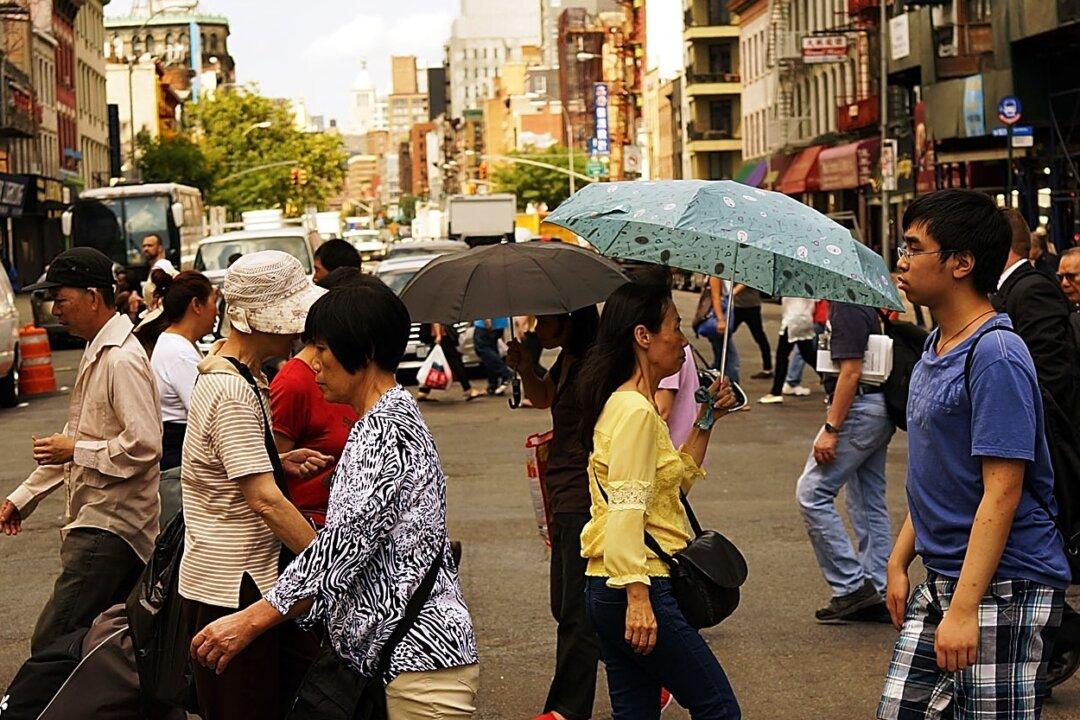Wanted in China for graft, bribery, and other violation of the law or “Communist Party discipline,” many corrupt officials have fled their homeland for a safer life abroad. Of those identified by Chinese anti-corruption authorities as being among the top 100 fugitives, 66 are suspected to be living in the United States or Canada.
Earlier this year, Chinese anti-corruption investigators submitted to U.S. authorities a “priority list” of 150 corrupt Chinese officials that they would like to apprehend, as reported by China Daily, the English-language mouthpiece for the Chinese regime.




